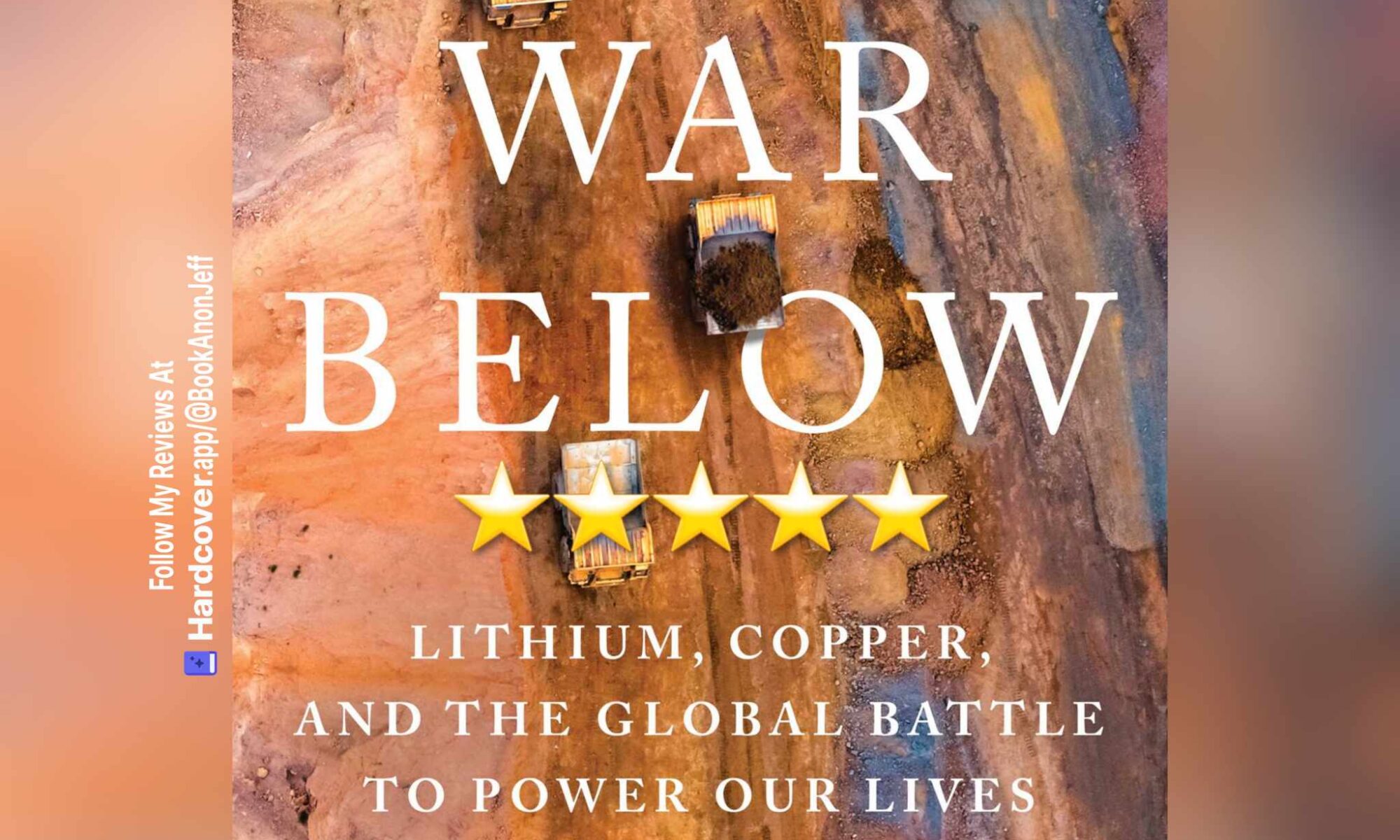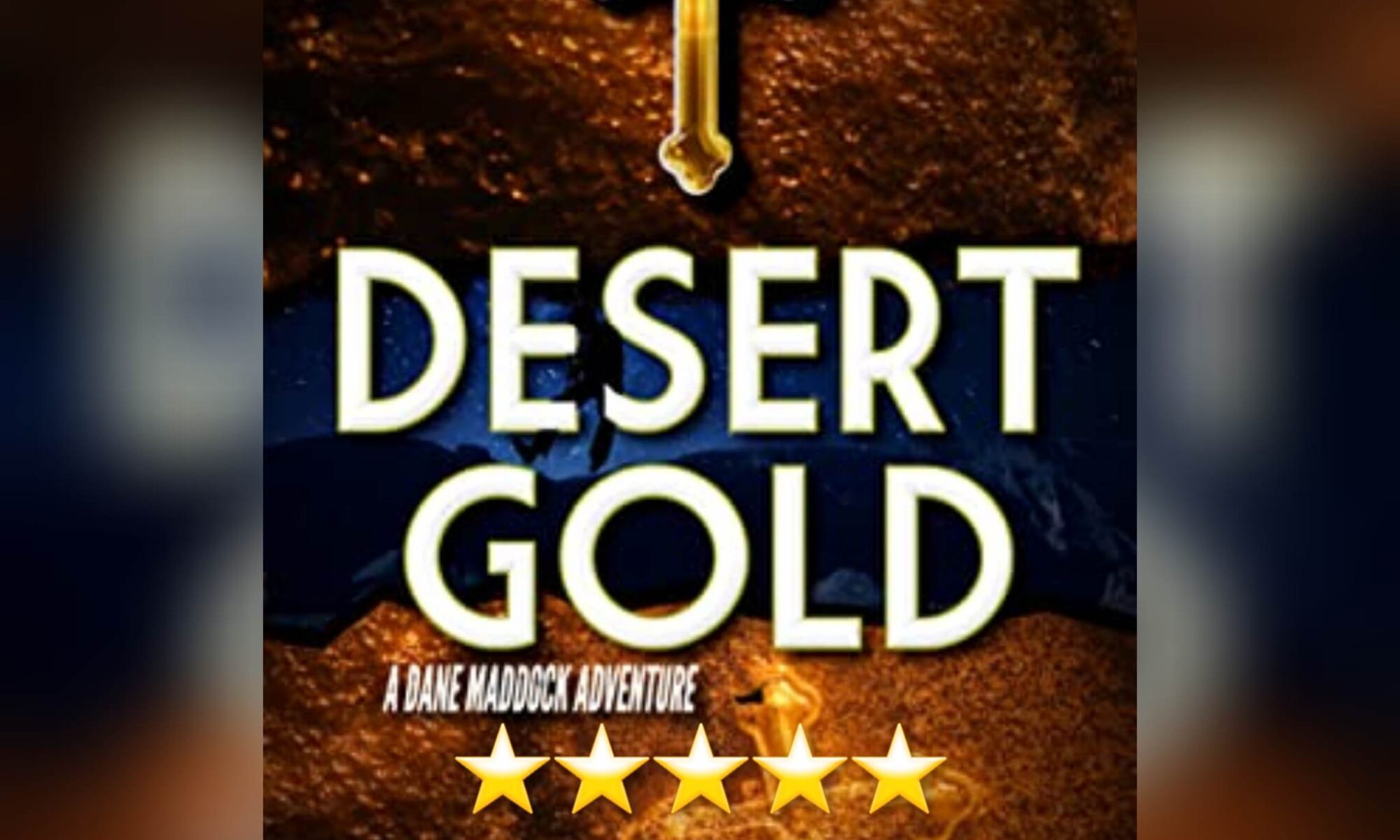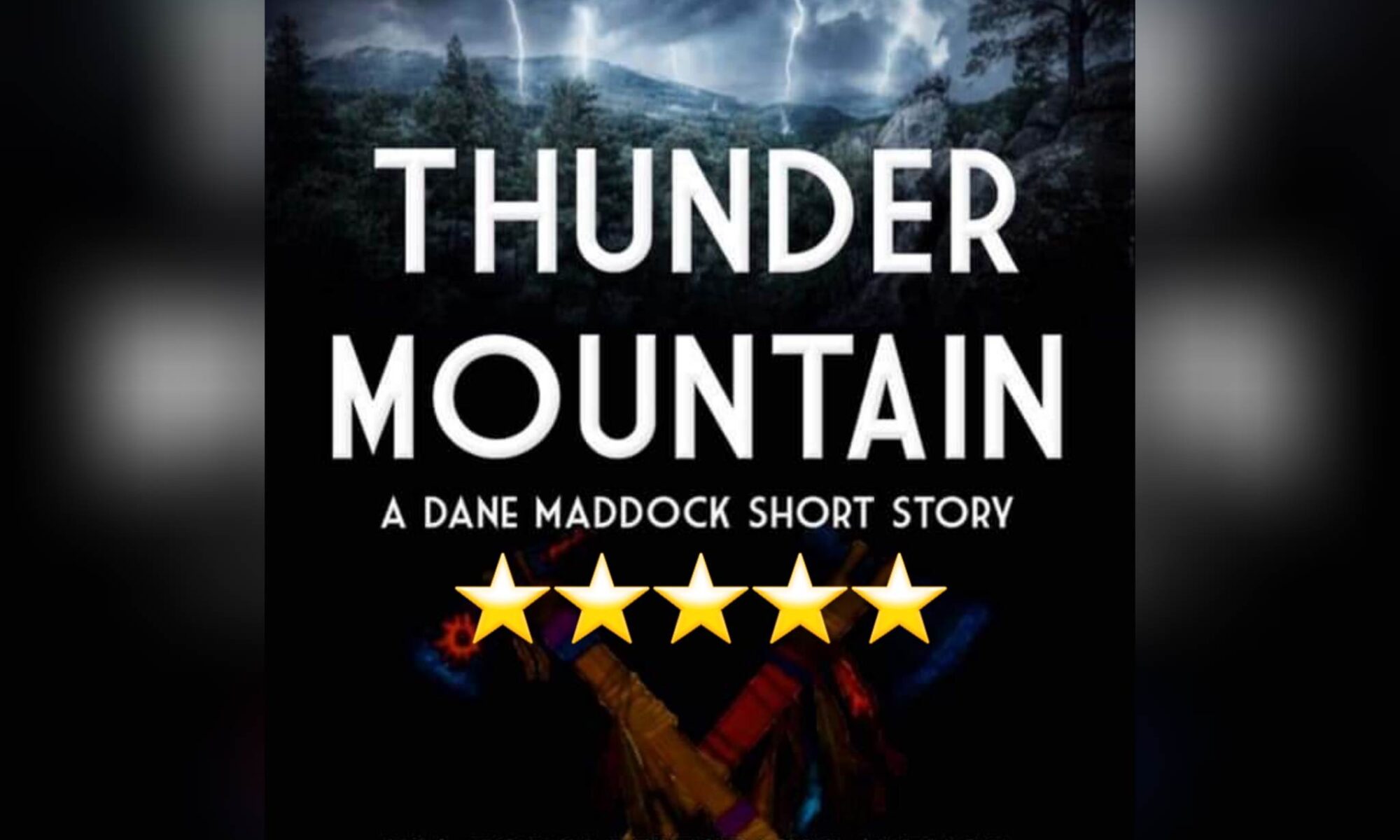Do The Needs Of The Many Outweigh The Desires Of The Few? 20 years ago as I was wrapping up my Computer Science degree requirements at Kennesaw State University just outside of Atlanta, GA, there was a massive debate raging around campus. At the time, the school – new to the “University” title, having had it for less than a decade at this point – was trying to grow from the commuter college it had been since its inception 40 yrs prior into a full fledged research level University… complete with student housing. The problem was that where the University wanted to place some of its first dorms was on the hill directly behind the Science building… where an endangered plant of some form was found, which kicked off rounds and rounds of going back and forth with various Environmental Protection Agency types. To be quite honest, I was never directly involved in any of this, but being on the school’s Student Media Advisory Board for a couple of years, I was connected enough to at least the reporting that I heard about at least the high points.
In The War Below, Scheyder looks at just these types of examples, where larger, grander ideas butt up against some much more local concern. Where the larger, grander idea is always “The only way we can see to fight climate change and stop carbon emissions while maintaining the global economy as we currently know it is to produce advanced electronic machines that require certain minerals to function, therefore we must obtain these minerals wherever they may be found.” Which admittedly means that for those that are more adamant that human-caused climate change isn’t a real thing or is some level of alarmist bullshit… well, you’ve been warned about a central tenet of this book in this review now.
However, Scheyder doesn’t really stay on the climate change debate itself, instead focusing on the more micro battles. “We found a supply of this particular mineral – but as it turns out, this particular plant that only exists in this exact spot also is dependent on this mineral, and therefore some are acting on behalf of the plant to stop us from getting to the mineral.” Or “We found a supply of a different mineral – but it happens to be under a location that some Native Americans consider sacred, and they’re trying to stop us from destroying their sacred spot.” Or “We found a supply of another mineral – but it happens to be in the middle of a town, and nearby residents don’t want to sell their land to us.” Every chapter is built around these and other variations of the same types of battles, pitting humanity’s need for these particular minerals against some more local, more intimate desire.
Scheyder does a remarkably balanced job of talking to both sides and presenting both sides in a way that they will likely consider the reporting on themselves to be pretty close to fair – as he notes within the text a few times, his job isn’t really to make a decision for humanity so much as to present the competing interests and allow humanity the chance to choose for itself.
Is our survival – as we currently see it – worth forcing ourselves on someone who is more intimately connected to that spot on Earth than most of us will ever directly be?
This book isn’t the call to arms that Siddarth Kara’s Cobalt Red, released almost exactly one year earlier and describing the outright horrors and abuses rampant throughout much of the cobalt industry specifically, was. Instead, as noted, it is more of a balanced and even nuanced look at the competing interests surrounding how and even if certain materials can be obtained in certain locations, and how these small, individual battles can impact us all at a global level.
In the case of KSU’s Student Housing vs the plant, fwiw, apparently it was resolved in favor of KSU’s Student Housing at some point in the last 20 yrs, as now the entire hill that was once a battleground is now a few different student housing complexes. In the cases Scheyder details… well, read the book. Some of them were still ongoing at the time Scheyder had to hand his book off for final editing, but he gives up to that moment details on where they are in such instances.
Very much recommended.
This review of The War Below by Ernest Scheyder was originally written on January 9, 2024.






